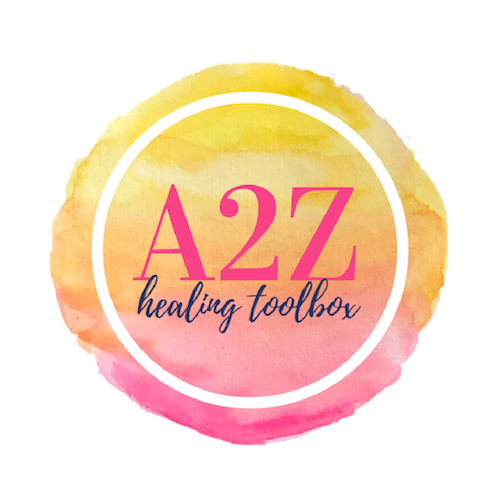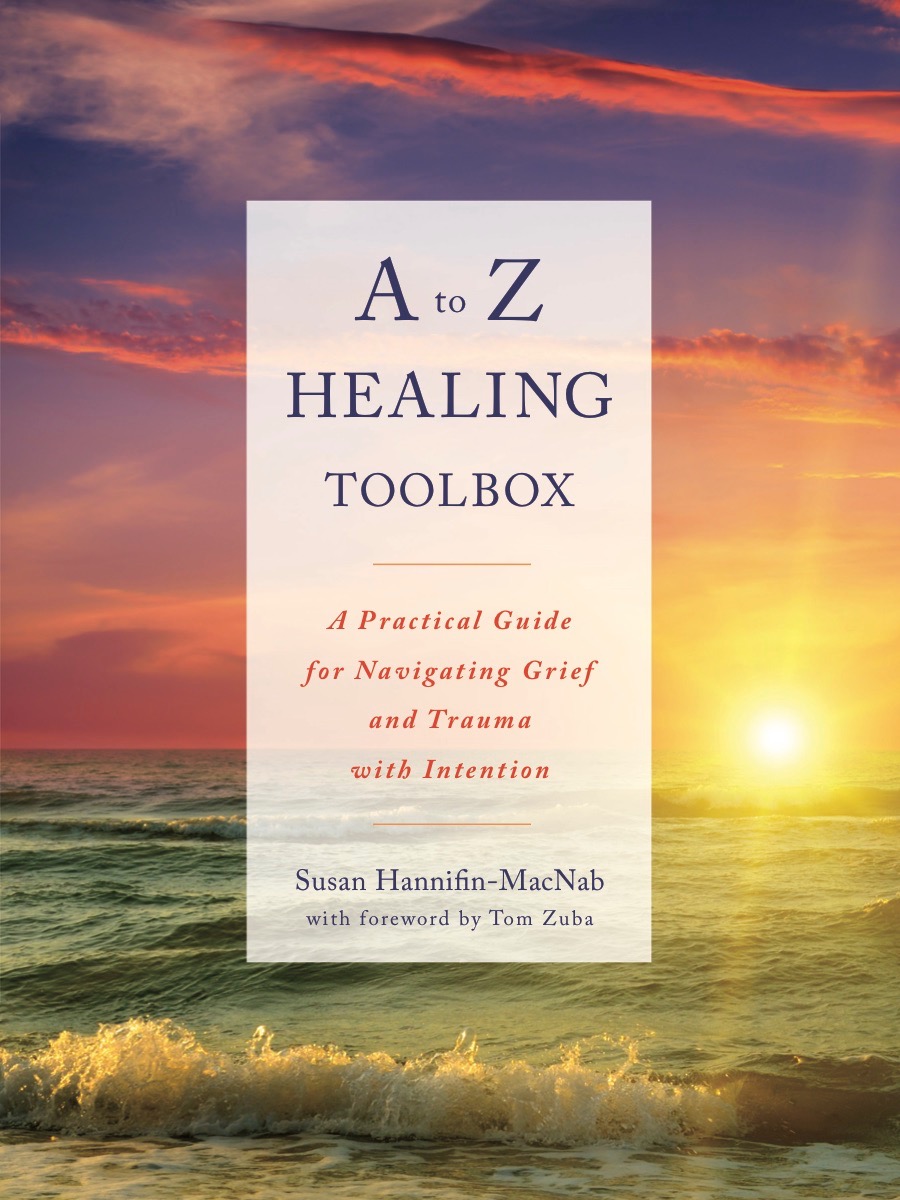Z
Zzzzz's
The health benefits of sleep have been documented for decades. Rest is crucial to our mental, physical and emotional health. Sleep improves memory, repairs body systems, controls weight, reduces stress, maintains heart health, and improves memory function. Those grieving and living with trauma, however, find they sleep very little or not at all for reasons such as intrusive thoughts, panic & anxiety, loss of control, a racing mind, heightened startle response, nightmares, sleeping without loved ones in bed. Here are some helpful tips for better nighttime sleep:
- Buy a body pillow and lay it next to you on the side where your loved one may have slept
- Listen to calming sounds of nature (ocean, stream, forest) or guided imagery CDs
- Exercise during the daytime hours
- Avoid caffeine, alcohol, processed sugar, computers and phone screens in the evening
- Journal pre-bedtime worries, fears and anxieties before you sleep
- Read a book or magazine, play with kinetic sand, use aromatherapy or essential oils
- Meditate or practice gentle yoga before going to bed
- Sleep next to a pet
Resources
-
Apps (free)
- Sleep Genius
- Relax and Sleep Well
- Harmony Hypnosis
Articles
- Grief and Getting a Good Night’s Sleep by What’s Your Grief
- Panic, Insomnia and Nightmares by The Grieving Heart
-
CDs
- A Meditation to Help You with Healthful Sleep by Belleruth Naparstek
- Sleep: Fall Asleep Easily and Naturally by David Ison
-
Books
- The Sleep Book: How to Sleep Well Every Night by Dr. Guy Meadows of The Sleep School
- The Post-Traumatic Insomnia Workbook: A Step-by-Step Program for Overcoming Sleep Problems After Trauma by Karin Thompson and C. Laurel Franklin
-
Tools
- Body pillow
- Candles
- Coloring book
- Earplugs
- Essential oils
- Eye mask
- Journal
- White noise machine
-
Websites
- National Sleep Foundation
How will you incorporate sleep into your healing journey?





